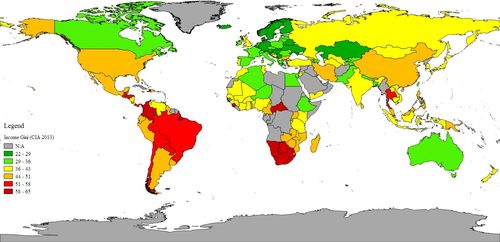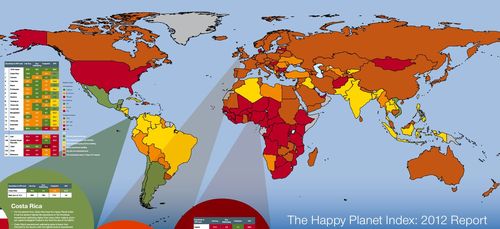
Bearing in mind that we have Financial Services Club Nordic Region, as I left the Stockholm meeting last week I picked up a fascinating book at the airport about the Nordic countries.
Called The Almost Nearly Perfect People by Michael Booth, it caught my attention with facts like Denmark actually has brothels with animals (seven percent of Danish men apparently have had sex with an animal) and is the happiest country on Earth (are these two facts related to each other?).
That sort of thing would catch my attention any time so I was sold!
The book itself is actually a very educational but light-hearted analysis of what makes Nordic people Nordic, and the differences between Sweden, Norway, Denmark, Iceland and Finland.
For example, Chapter 7 begins:
If you want to sum up each of the Nordic lands in a single statistic: in Iceland, it would probably be the size of the population; in Finland, it would be a list of the three most popular prescription drugs; in Sweden, it is the size of its immigrant population; in Norway, the gargantuan size of its oil-revenue wealth fund; and in Denmark, it has to be its tax rate.
Denmark pays the highest tax rates of any country in the world – around 72 percent for the wealthiest and 58 percent for the average Joe – and, for this reason, ahs the most equitable society of any in the world too.
Everyone is (almost) equal.
This ethos is etched into the core essence of every Dane from sayings that date back to one of the land’s founding fathers, N. F. S. Grundtvig:
Og da har i rigdom vi drevet det vidt,
når få har for meget og færre for lidt.
And we will have made great strides in equality,
when few have too much and fewer too little.
The book is a fascinating read, but I won’t bore you with all that here – 54% percent of Icelanders believe in the existence of elves! – as the thing it really raised in its opening chapters is the use of the Gini Coefficient.
Some of you may already be familiar with this economic indicator but, just in case, here’s a quick view that explains the 99% movement so well.
The Gini Coefficient is a statistical method for analysing the distribution of wealth in a nation by calculating how large a percentage of the total income of a society would need to be redistributed in order to achieve a perfectly equal distribution of wealth.
The Coefficient produces a number between zero and one. Zero expresses perfect equality, where all values are the same (for example, where everyone has the same income). A Gini Coefficient of one (or 100%) expresses maximal inequality among values (for example where only one person has all the income).
According to the CIA World Factbook, this is what the world looks like today (doubleclick to enlarge and green = income equality highest, red lowest):

As can be seen, the USA and UK are pretty much on par with China and Russia respectively, in temrs of income equiality. In other words, the very wealthy hold the riches and the rest work to support them (think Metropolis and The Hunger Games).
Interestingly, Kazakhstan sits alongside the Nordic Region as the countries having the greatest income equlity.
How does this reflect in happiness?
It depends who you talk to.
According to some, such as the Legatum Institute, Norway, Sweden and Denmark rank as the Happiest Countries in the World (alongside Switzerland, Canada and New Zealand).
According to others, like the Happy Planet Index, that doesn’t stack up and Costa Rica, Vietnam and Colombia are the happiest places in the world.

I reckon it’s all relative and you just need music to be Happy …
Chris M Skinner
Chris Skinner is best known as an independent commentator on the financial markets through his blog, TheFinanser.com, as author of the bestselling book Digital Bank, and Chair of the European networking forum the Financial Services Club. He has been voted one of the most influential people in banking by The Financial Brand (as well as one of the best blogs), a FinTech Titan (Next Bank), one of the Fintech Leaders you need to follow (City AM, Deluxe and Jax Finance), as well as one of the Top 40 most influential people in financial technology by the Wall Street Journal's Financial News. To learn more click here...

